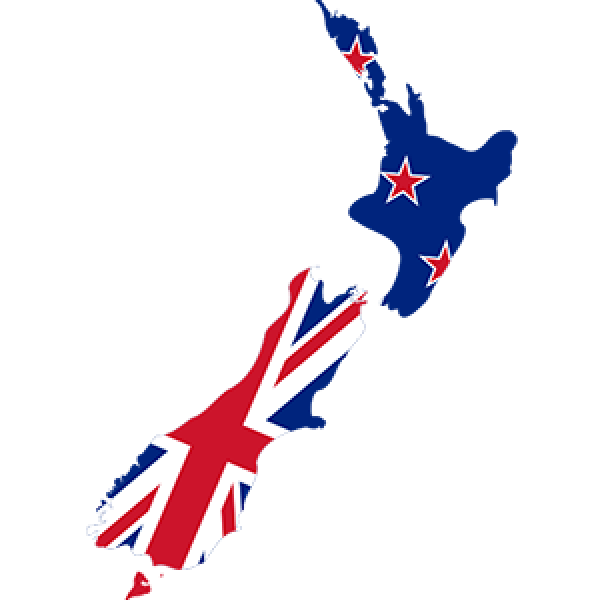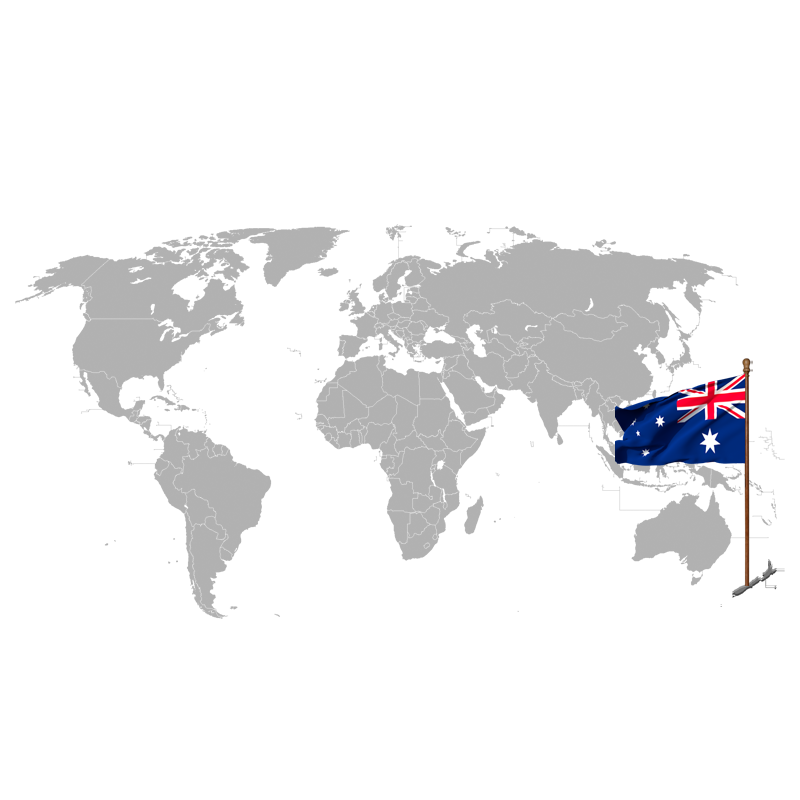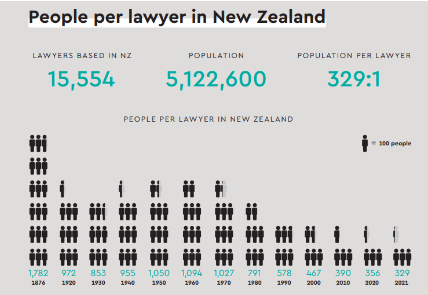Anmol Kaur
- December 10, 2022
We represent clients from all around the world in New Zealand every year. We see the globe as having no borders and are unafraid of language hurdles or time zones.



Please give a brief description about what it is you need to talk to our lawyers about ?

New Zealand is a wealthy Pacific nation dominated by two cultural groups: New Zealanders of European descent; and the Maori, the descendants of Polynesian settlers.
It is made up of two main islands and numerous smaller ones: the North Island (known as Te Ika-a-Maui in Maori) is the more populous of the two, and is separated by the Cook Strait from the somewhat larger but much less populated South Island (or Te Waipounamu).
Agriculture is the economic mainstay, but manufacturing and tourism are important and there is a world-class film industry.
New Zealand has diversified its export markets and has developed strong trade links with Australia, the US, and Japan. In April 2008 it became the first Western country to sign a free trade deal with China.
The precise date of early Maori settlement remains a matter of debate, but current research suggests that the first arrivals came from East Polynesia sometime in the 13th century. It was not until 1642 that Europeans became aware of the existence of the islands.
British sovereignty was established under the 1840 Treaty of Waitangi – a pact between Maori chiefs and the British government over land rights.
Auckland is the largest legal centre in New Zealand and is home to the major domestic law firms, as well as some international firms. As the economy continues to perform strongly there is an increasing demand for legal services.
Essentially a lawyer and a solicitor mean the same thing. A lawyer is a term used to describe anyone who is licensed and can give legal advice to a business, organisation, or individual.
In 2021, there were 15,554 lawyers with a current practicing certificate, 14,799 were in New Zealand and 755 were overseas.
Auckland is the largest legal center in New Zealand and is home to major domestic law firms, as well as some international firms. As the economy continues to perform strongly there is an increasing demand for legal services.
Ethnicity of New Zealand lawyers, 30 June 2018
Ethnicity | Female | Male | Total | % NZ Total | % Female |
African | 14 | 27 | 41 | 0.3% | 34.1% |
Chinese | 247 | 182 | 429 | 3.2% | 57.6% |
Cook Island Māori | 23 | 12 | 35 | 0.3% | 65.7% |
Fijian | 39 | 34 | 73 | 0.5% | 53.4% |
Indian | 175 | 128 | 303 | 2.3% | 57.8% |
Māori | 489 | 331 | 820 | 6.1% | 59.6% |
Middle Eastern | 29 | 18 | 47 | 0.4% | 61.7% |
NZ European | 5178 | 5223 | 10401 | 77.9% | 49.8% |
Not Stated | 269 | 353 | 622 | 4.7% | 43.2% |
Other Asian | 137 | 95 | 232 | 1.7% | 59.1% |
Other | 93 | 85 | 178 | 1.3% | 52.2% |
Other European | 409 | 369 | 778 | 5.8% | 52.6% |
Other Pacific Peoples | 21 | 25 | 46 | 0.3% | 45.7% |
Samoan | 117 | 65 | 182 | 1.4% | 64.3% |
SE Asian | 75 | 56 | 131 | 1.0% | 57.3% |
Tongan | 20 | 21 | 41 | 0.3% | 48.8% |
Blank | 25 | 22 | 47 | 0.4% | 53.2% |
All New Zealand | 6739 | 6613 | 13352 |
| 50.5% |
Proportion who work in Auckland Council area
Ethnicity | % of NZ Total in Auckland | % of Auckland lawyers |
Asian | 68.7% | 12.5% |
European | 39.9% | 77.0% |
Māori | 34.3% | 4.9% |
Middle Eastern/Latin American/African | 54.3% | 0.9% |
Pacific | 67.2% | 4.0% |
All lawyers | 43.0% | 100.0% |
|
|
|
Chinese | 70.9% | 5.3% |
Indian | 66.3% | 3.5% |
NZ European | 39.4% | 71.4% |
Samoan | 72.5% | 2.3% |

New Zealand’s general rule of law score increased by less than 1% in 2022’s Index. At 7th place out of 140 countries and jurisdictions worldwide, New Zealand’s rank increased by 1 in the global rank in comparison to 2019 (8).
According to World Justice Project Approximately 63% of people surveyed experienced at least one legal problem in the last two years. 32% Were able to access help and 46% Experienced hardship in resolving their legal issue.
While the prevalence and severity of problems vary in New Zealand, the most common problems relate to the consumer, housing and money and debt. Also, Less than %32 of people in New Zealand who experienced a legal problem sought any form of advice to help them better understand or resolve their problem, and those who did seek assistance preferred to turn to family members or friends (%39).

No child support payments if 50/50 care
“Shared care is the ideal situation for parents and children allowing them to benefit from growing up under the nurture and care of both parents
How to Immigrate to New Zealand
Immigrate as a “skilled immigrant”.
Obtain a work visa or work permit.
Invest in New Zealand.
Obtain a long-term business visa.
Request residence based on family status.
Retire in New Zealand.
Purchase a franchise in your current country.
Plan your move to New Zealand.
The right to possession and care of the child (unless there is a court order giving custody to someone else). The right of control over the upbringing of the child. This includes the right to make (jointly with any other guardian of the child)[46] important decisions about the child’s life
It’s a crime if someone tries to take a child out of New Zealand if: it goes against a Parenting Order. a case involving the child is about to go to court. another person is about to apply for a Court Order.
Comply with consumer laws, eg Consumer Guarantees Act, Fair Trading Act, Anti-Money Laundering and Countering Financial Terrorism Act and fair dealing standards in the Financial Markets Conduct Act
Companies Act 1993. Financial Markets Conduct Act 2013. Financial Reporting Act 2013. Friendly Societies and Credit Unions Act 1982
This tells consumers that the Fair Trading Act and Consumer Guarantees Act apply. The CGA applies to consumer products and services supplied by businesses, including if they’re: received as a gift, free sample, or gift from a business. bought on credit